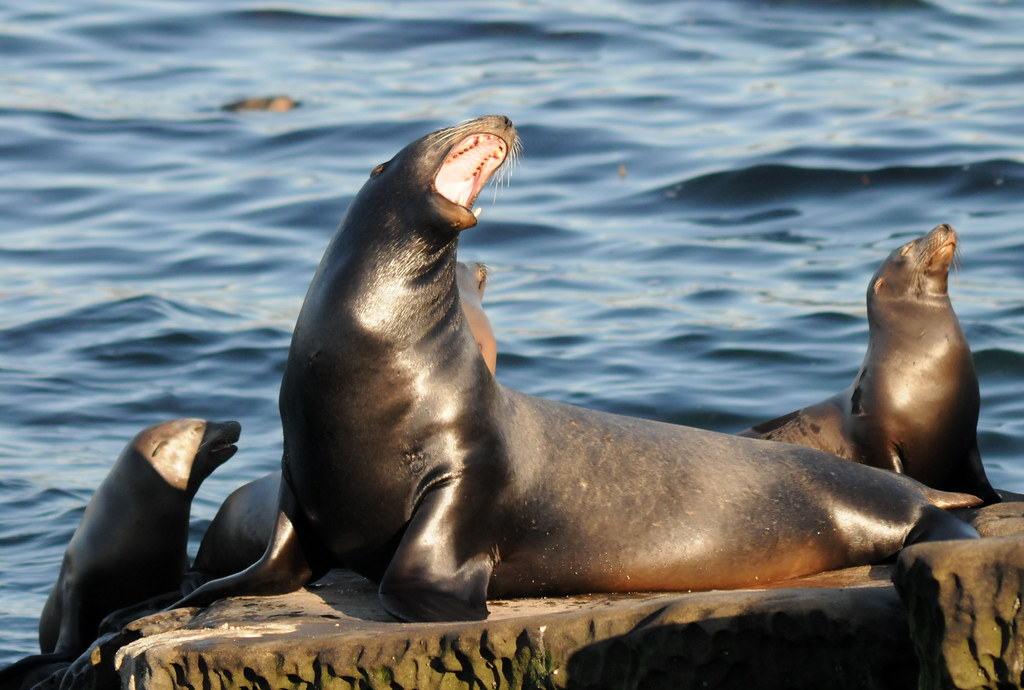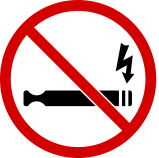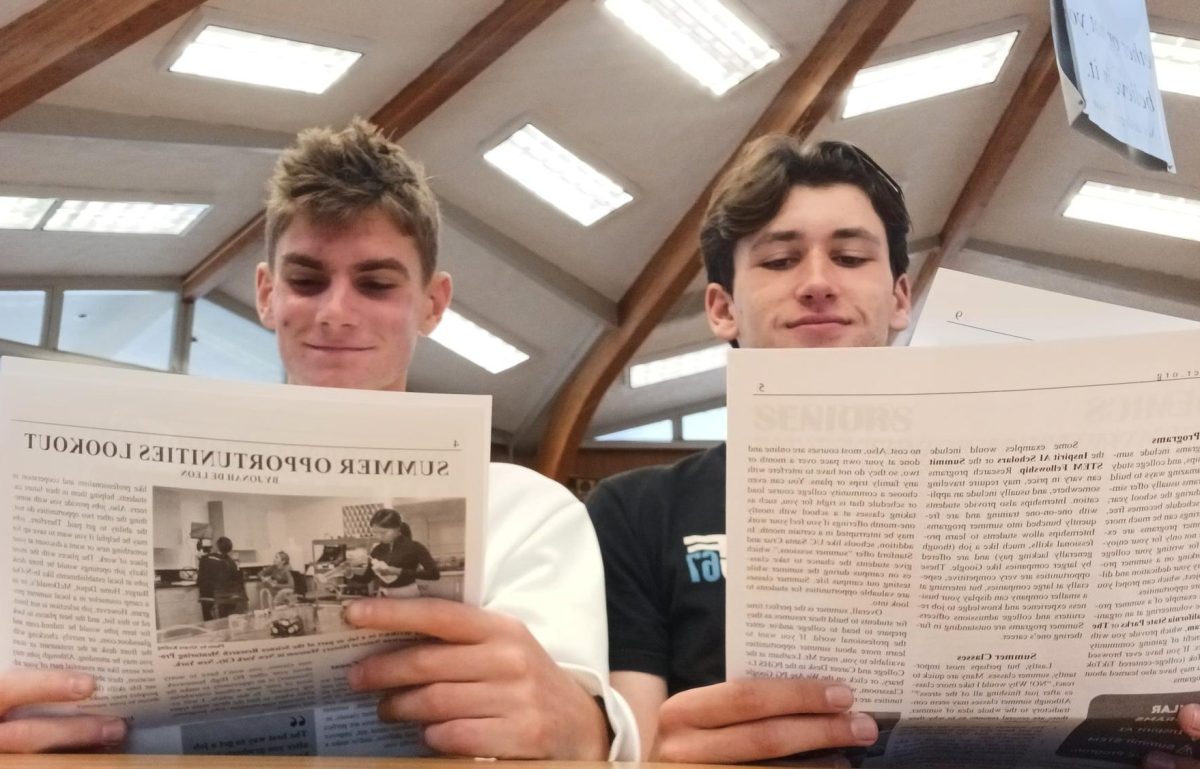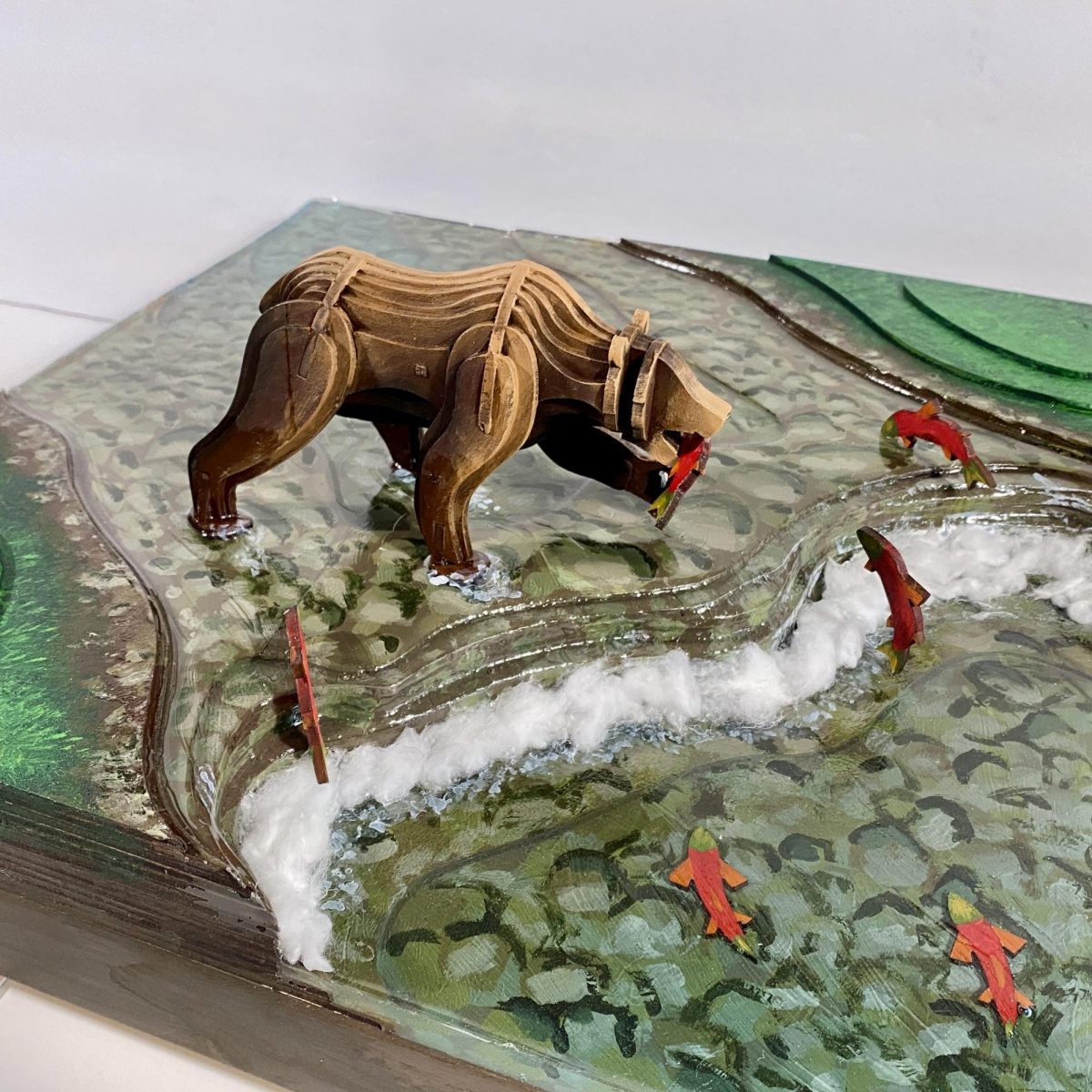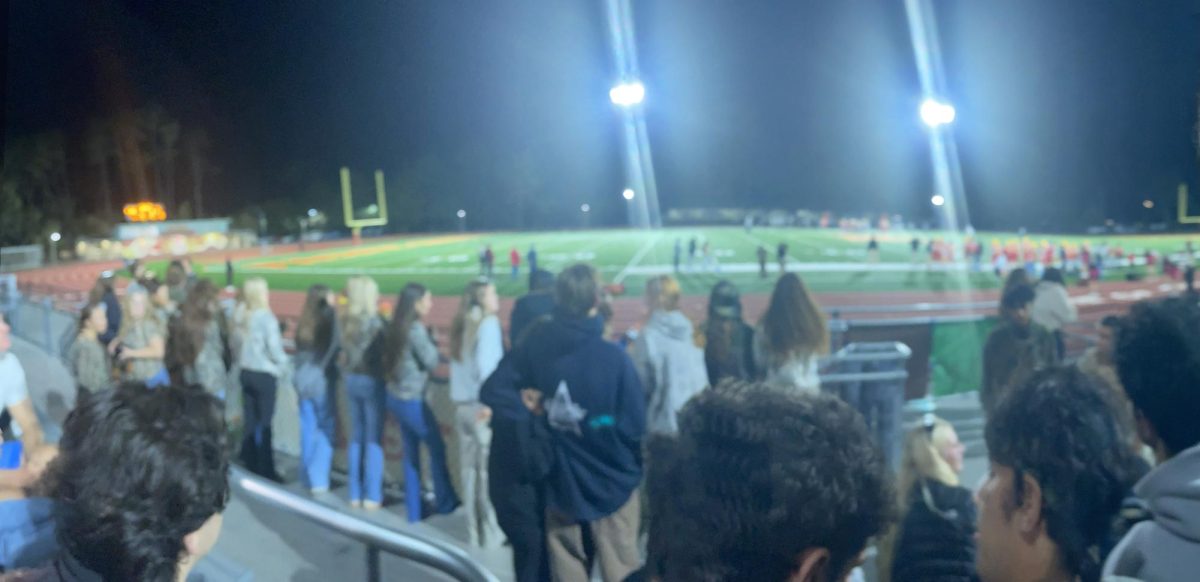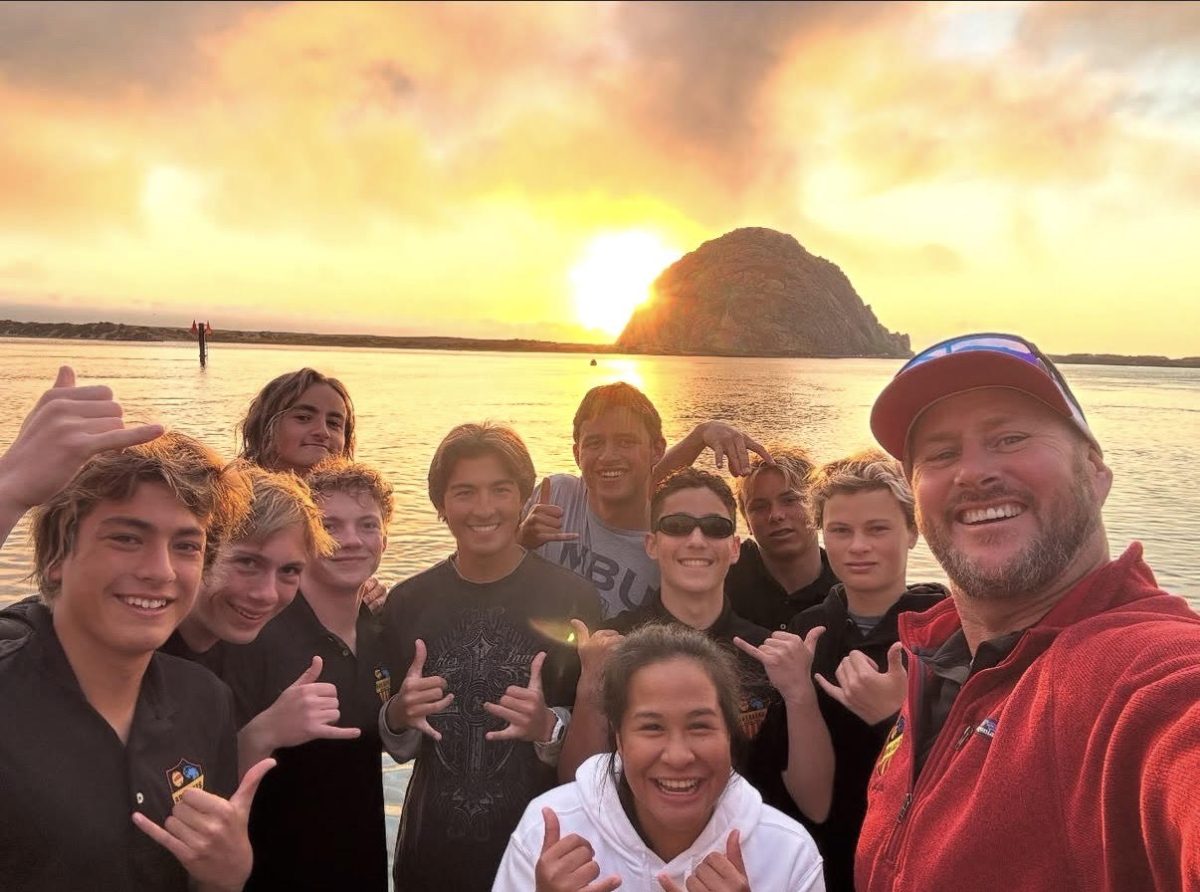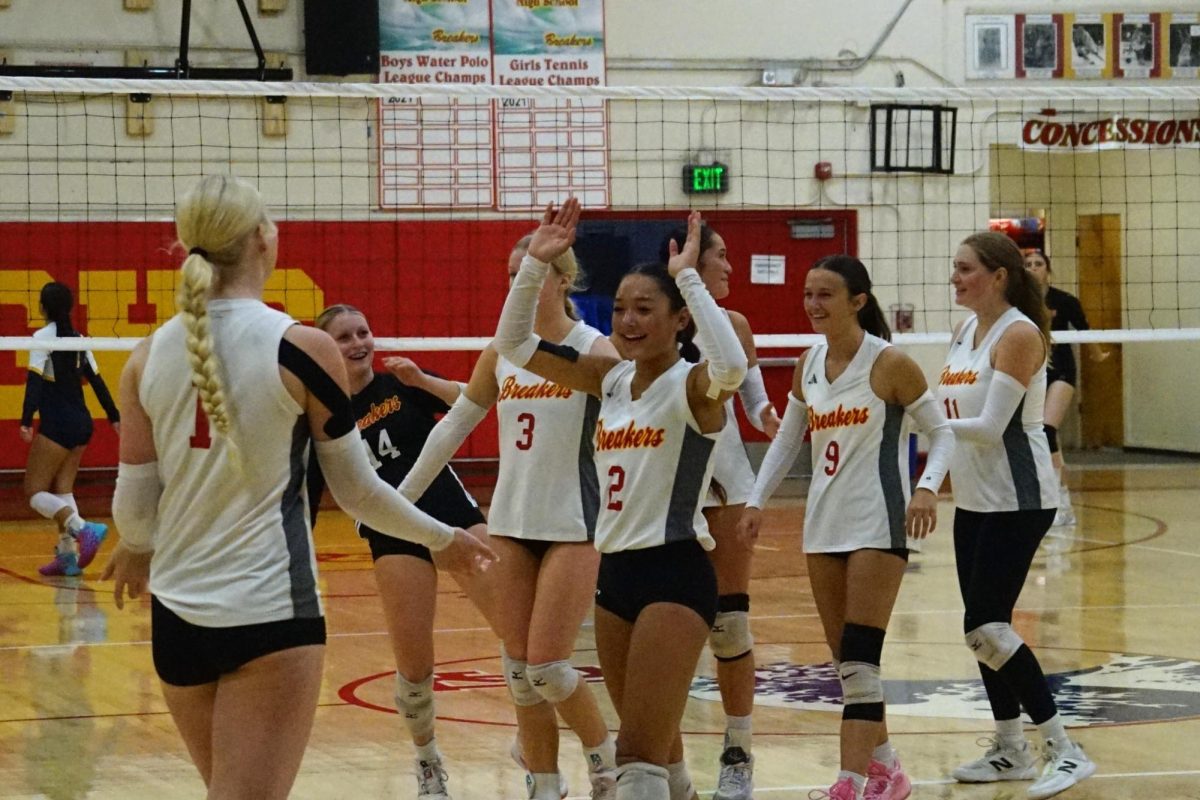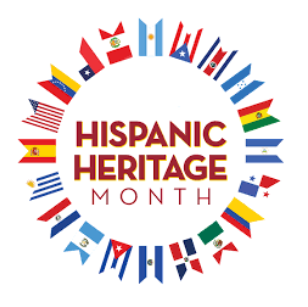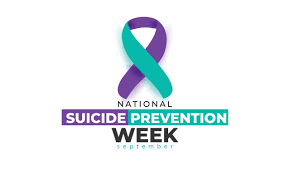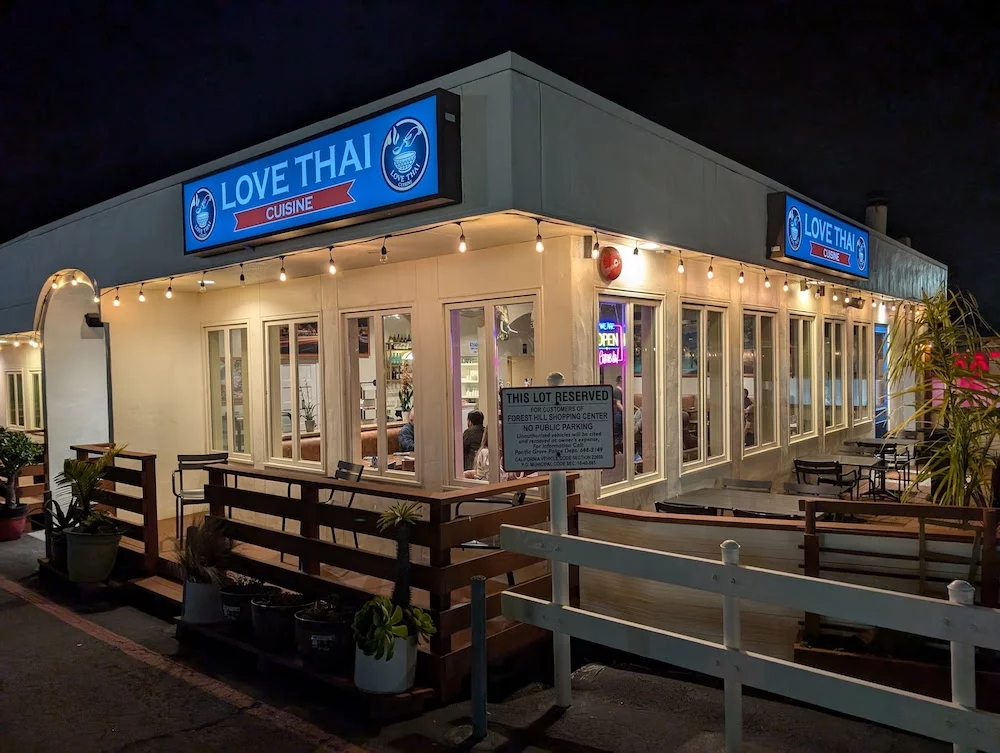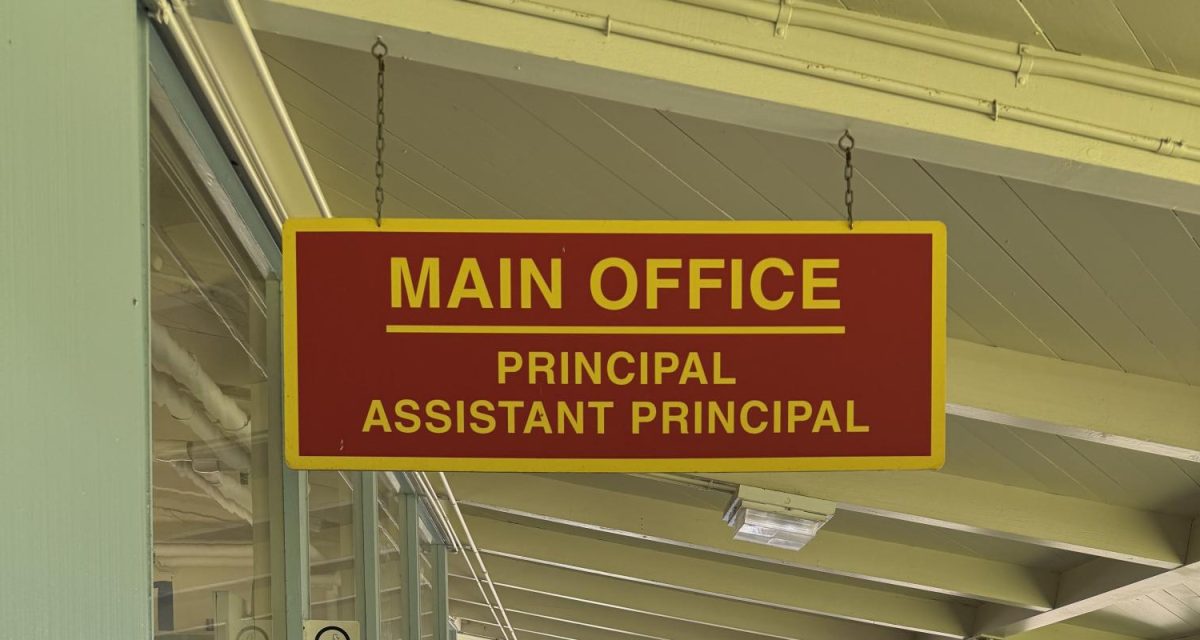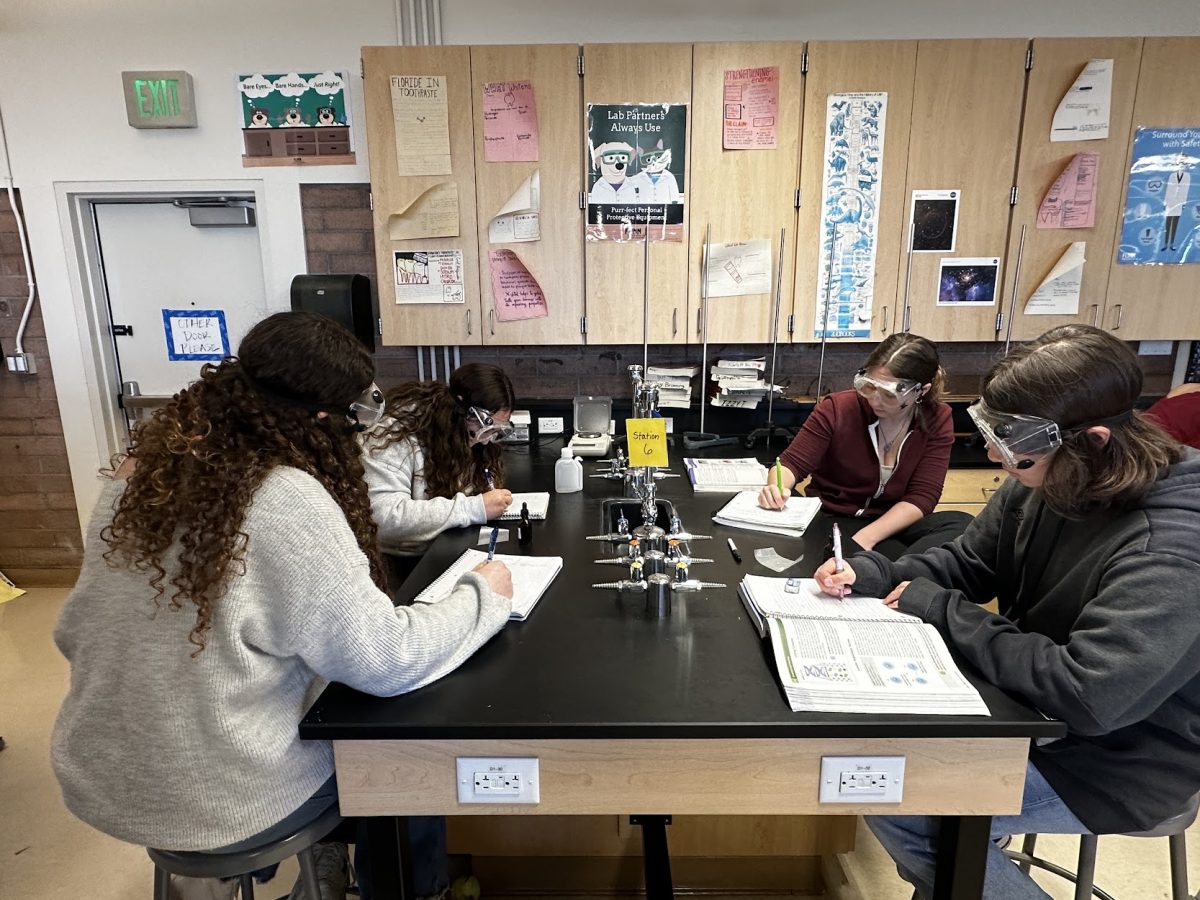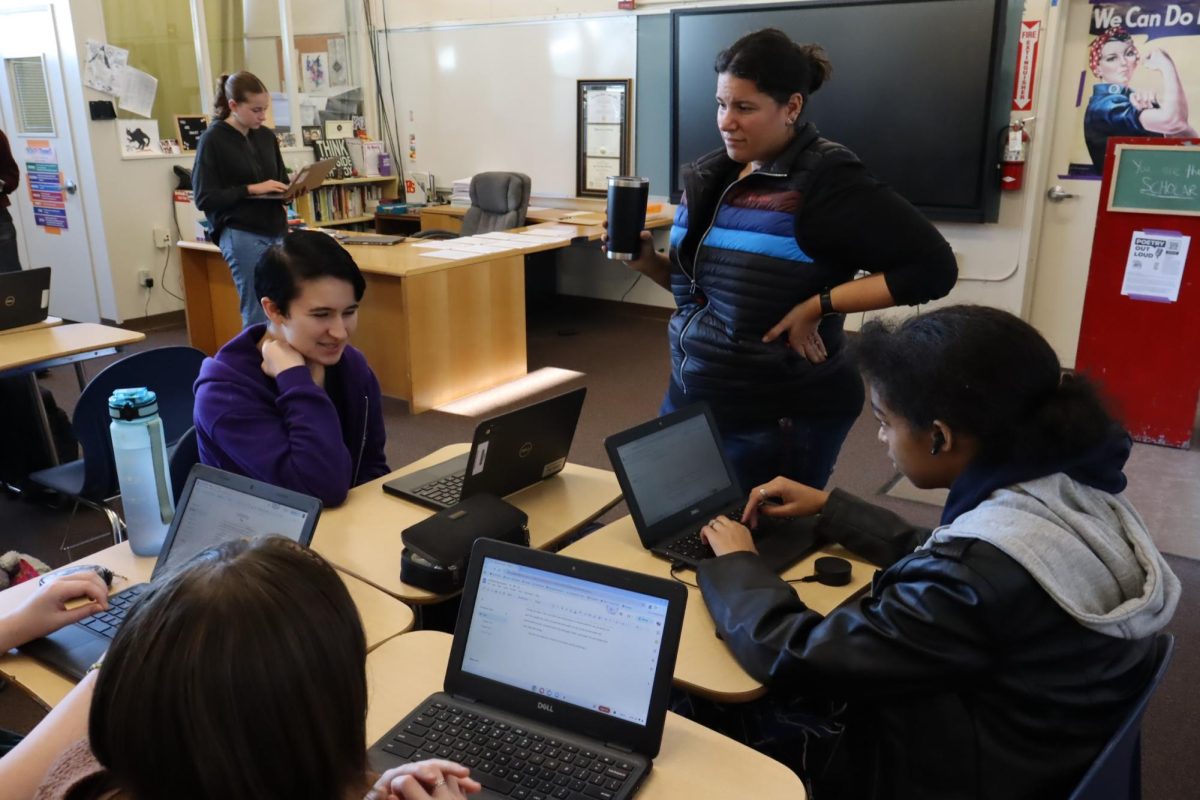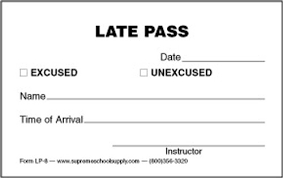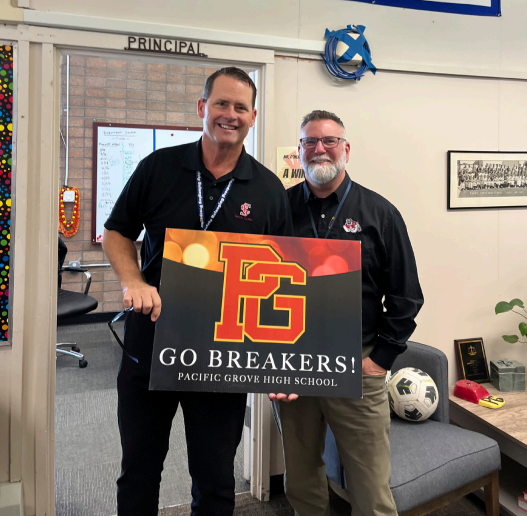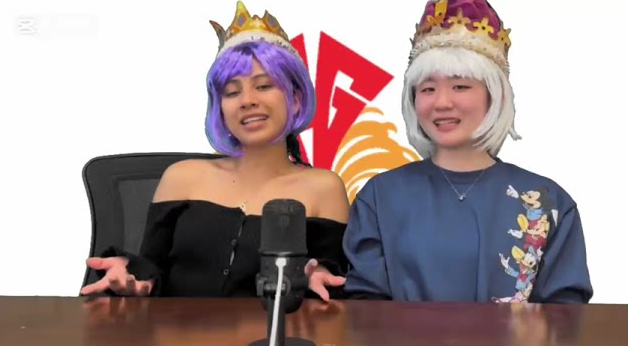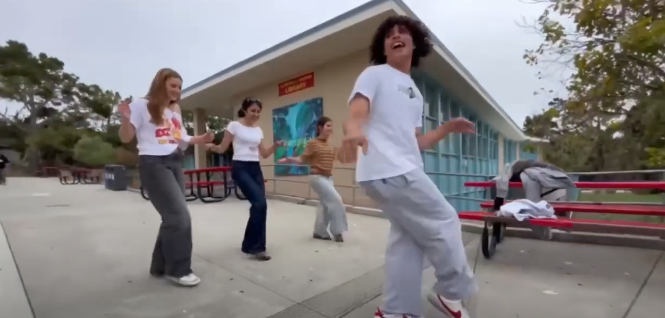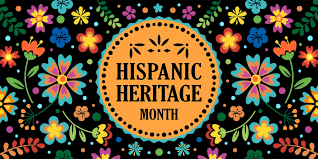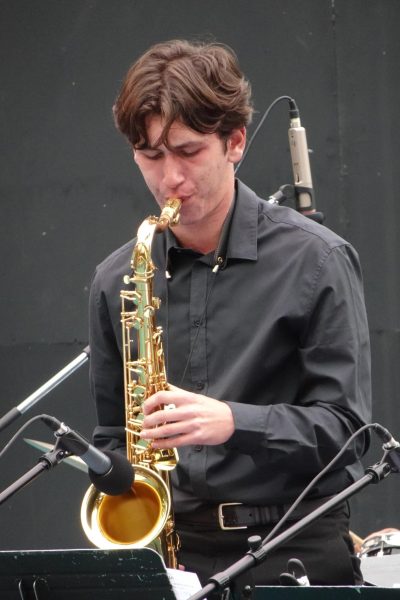Hispanic Heritage Month is celebrated every year from September 15 to October 15, and is intended to show appreciation for the contributions that Latino and Hispanic communities made to American society throughout history. The celebration, then only a week long, was instituted in 1968 by president Lyndon Johnson, and was later extended to a full month by Ronald Reagan in 1988. The month is full of cultural festivities and celebrations for important dates.
The month begins with the celebrations of 8 independence days from different Latin American countries. Costa Rica, El Salvador, Guatemala, Honduras, Nicaragua, Mexico, Chile, and Belize all have their independence celebrations in the first week of Hispanic Heritage Month. Over the course of the month-long celebration, many events are held across the country to recognize the depth and importance of Hispanic culture. Parades, runs, art exhibits, concerts, and festivals are all common celebrations throughout the month that many cities put on. Hispanic Americans have made incredibly important contributions to so many facets of our country, and these events work to celebrate that.
Hispanic Heritage Month is an incredibly important period of celebration here in the United States, as Latino Americans have made incredible contributions to our society and culture. People like Cesar Chavez have fought for civil rights, helping shape our government. Artists such as Celia Cruz have pioneered Caribbean and Latin music like the salsa, or merengue in America. Athletes like Roberto Clemente, who paved the way for other Latino baseball players in the major leagues. Overall, Latino Americans have played a key role in the development of our country, and celebrating Hispanic culture during this month is important.

